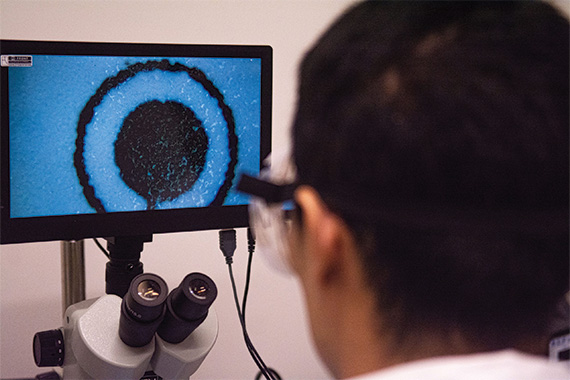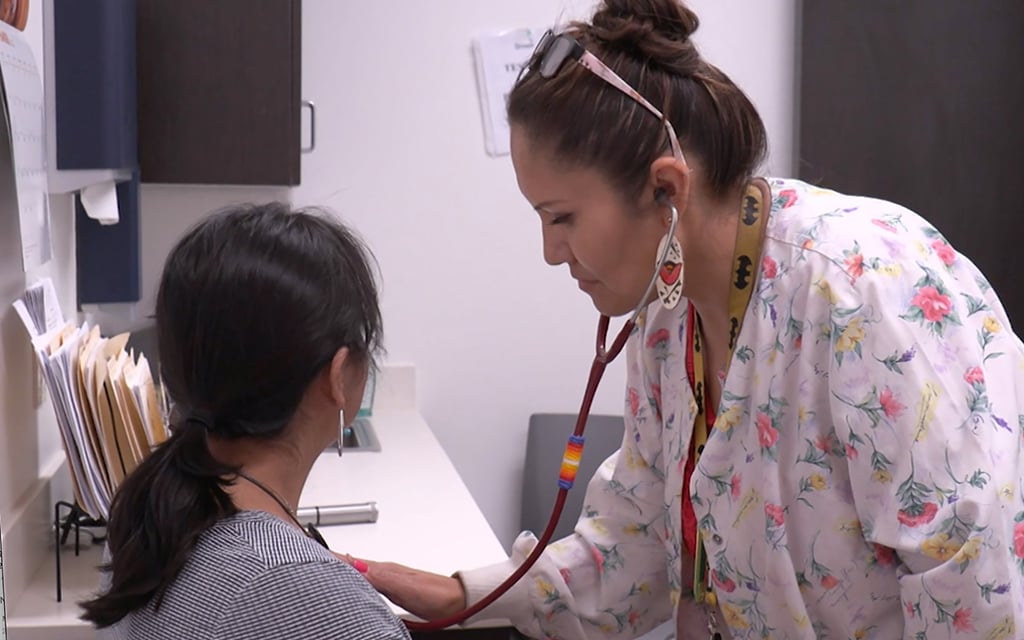In a candid acknowledgment, public health officials are conceding that the initial approach to COVID-19 may have been overly narrow-minded. The admission comes as the global community reflects on the evolving dynamics of the pandemic and the effectiveness of containment strategies. This candid revelation suggests a willingness among health authorities to reevaluate and adapt strategies in the face of emerging challenges posed by the virus.

Recognizing Your Approach’s Fallibility
Public health experts are now admitting that the first COVID-19 reaction was not perfect, including Francis Collins, the current science adviser to President Biden and the former head of the National Institutes of Health. Collins recently said that it was an “unfortunate” display of a restricted perspective when people focused only on preventing disease at the expense of other important issues like employment, mental health, and education.
This delayed admission emphasizes the difficulties of letting public health serve as the only framework for policy decisions in times of emergency.
Collins emphasizes the importance of recognizing trade-offs inherent in pandemic responses, admitting to an urban bias that influenced decisions. The acknowledgment raises questions about the balance between disease prevention and the broader societal impacts, such as economic disruption and educational setbacks. The need for humility, open debate, and a more balanced approach to decision-making during the once-in-a-century event becomes apparent, challenging the moral authority attributed to public health officials.
READ ALSO: Unveiling New AI Rules in Healthcare: Industry Support and Lingering Questions
Modesty and Open Dialogue in Crisis Management
While acknowledging the inevitability of mistakes in managing a crisis like the pandemic, the call for more modesty and open debate from prominent figures like Collins suggests a reevaluation of the approach taken by public health officials.
The admission that dissenting views and unwelcome facts were not adequately addressed underscores the importance of balanced decision-making, especially during unprecedented events. As discussions around pandemic responses evolve, the emphasis on humility and inclusivity in policymaking gains significance.
READ ALSO: Minnesota Teens’ Feel Now App Takes on Teen Mental Health Crisis



